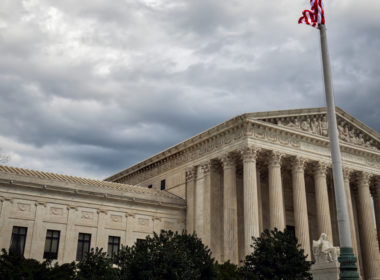Every state and territory in Australia now has an anticorruption (or integrity) commission in some form – only the federal jurisdiction is without one. It would be foolish to presume that corruption stops at the ACT border (the ACT government doesn’t think so), or that agents in the federal sphere and those with whom they deal always act with integrity. Given the successes of state and territory bodies (with the very occasional hiccup), why should there not be a federal body? Indeed, the Government says there should be, and 80-85 per cent of Australians agree, according to polls – but there are commissions and there are ‘commissions’…
Some history
In 2004 Transparency International Australia first called for a national anticorruption agency. The government created a much more limited Australian Commission for Law Enforcement Integrity (‘ACLEI’) on 30 December 2006 and it continues in operation (although you would be forgiven for not being aware of it). There the situation remained, even after parliamentary committees accepted that ACLEI was too narrow and underpowered. In 2017 the Senate Select Committee on a National Integrity Commission recommended consideration of a broader anticorruption agency and the discussion became not if, but when, and in what form, such a body would be created.
In September 2018 Independents tabled options for consideration and in November 2018 Independents and Greens introduced into the House of Representatives a National Integrity Commission Bill and a National Integrity (Parliamentary Standards) Bill. The Bills did not proceed (September 2019).
In December 2018 the Government committed to establishing a Commonwealth Integrity Commission (‘CIC’). The proposal was supported by a budget commitment in 2019 of $42 million per annum. The proposal was widely criticised as effectively being a protective shield – it was too narrow and it was underpowered. In other words, it was designed to fail.
In February 2020 the Beechworth Principles were developed by Dr Helen Haines MP (Independent, Indi) and others as essential characteristics of any such body (see: https://www.helenhaines.org/issues/integrity ). In October 2020, Dr Haines put forward again two Bills for consultation.
Government Exposure Draft Bills
On 2 November 2020, after many delays put down to the need to give priority to dealing with COVID-19, the Attorney-General issued a media release announcing the release of two consultation/exposure draft Bills as a package – the Commonwealth Integrity Commission Bill 2020 (‘CIC Bill’) and the Integrity and Anti-Corruption Legislation Amendment (CIC Establishment and Other Measures) Bill 2020 (the latter proposing amendments to other legislation consequential upon the CIC Bill). The Bills were drafted more than six months earlier and rehashed the December 2018 proposals.
The media release focused strongly on the investigatory and support powers of the proposed Commission and its budget, and less on just what would be required for any of those powers ever to be exercised. The submission/consultation period runs to 12 February 2021. It seems unlikely that a Bill will be presented before the next election.




